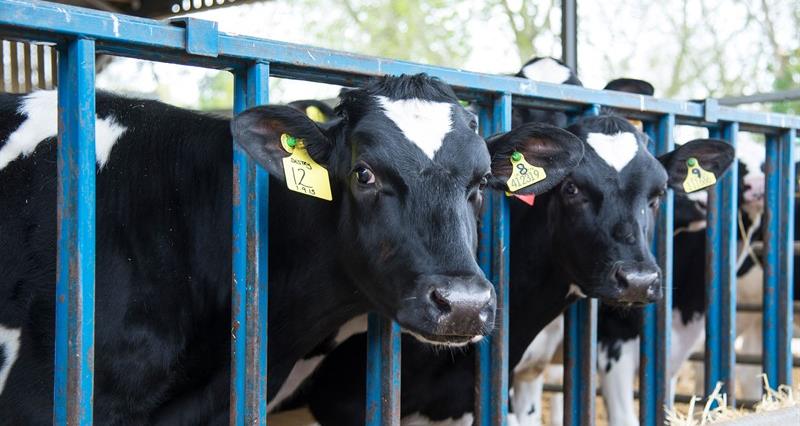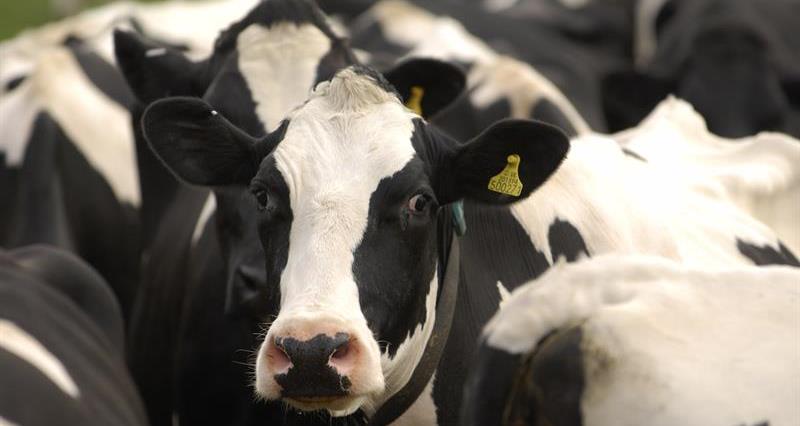With the FDOM regulations (Fair Dealing Obligations (Milk) Regulations) set to come into force for all contracts on the 9 July, we are starting to see increased activity across the dairy supply chain with a number of processors either releasing compliant contracts or known to be receiving legal advice.
However, a large number of farmers are yet to hear from their buyer when it comes to discussing the future terms and conditions of their milk purchase contract.
We urge you to get in touch with your processor if you’re unsure what steps they are taking to comply with the new regulations and to ensure there is time for constructive discussions.
The NFU also offers discounted legal checking services for individuals or groups of members, contact NFU CallFirst to be connected to a Legal Panel Firm.
NFU Professional Services:
FDOM amendment
Eagle eyed (or eared) members will have heard that, as part of the Fair Dealing Obligations for Pigs Statutory Instrument which has now been laid before Parliament, an amendment to the dairy regulations has been included:
27.—(1) The Fair Dealing Obligations (Milk) Regulations 2024 is amended as follows.
(2) In regulation 9 (tiered pricing), after paragraph (1), insert—
“(1A) Paragraph (1) does not apply to an exclusive milk purchase contract made by a business purchaser which has an internal democratic structure when purchasing milk from a producer member.
(1B) Where an exclusive milk purchase contract referred to in paragraph (1A) provides that the price to be paid for milk under the contract changes if the amount of milk provided by the producer exceeds a certain volume, it must do so in accordance with paragraphs (1C) to (1E).
(1C) The milk purchase contract must set out the amount by which the price is to change as a numerical value per unit of milk or milk constituent.
(1D) The milk purchase contract must specify the volume of milk above which the change in price is to apply.
(1E) The milk purchase contract may set out different amounts by which the price is to change that apply to different volumes of milk produced.”.
The NFU, alongside other farming unions, has considered this amendment closely. While it would be our preference for any amendment to the regulations to take place only after they have come into force, and as part of a wider review looking at the impact they have had on the fair and transparent functioning of the dairy supply chain, we acknowledge that the exemption applies only to those with an ‘internal democratic structure, such as a dairy cooperative.’
Under the FDOM regulations, an internal democratic structure, in relation to a business purchaser, means an organisational structure:
(a) which is established in the business purchaser’s constitution; and
(b) within which is a decision-making body(i) the membership of which includes a majority of individuals who are democratically elected by the producer members of the business purchaser; and
(ii) which has ultimate decision-making authority in relation to contracts for the purchase of milk;
In practise, this amendment means that tiered pricing (e.g. A+B contracts) can be used in exclusive contracts where the purchaser is a cooperative.
If the purchaser is not a cooperative (i.e. it is a PLC), then the use of tiered pricing can only be used in non-exclusive contracts.
We will be monitoring those who utilise this exemption closely to ensure they are truly acting in accordance with the definition above and will expect both Defra and the Adjudicator to act and, if need be, tighten the regulations if they are not being applied in good faith or with due regard to the agreed obligations.
The Agricultural Supply Chain Adjudicator
When the FDOM Regulations were introduced, Defra also set up the ASCA (Agricultural Supply Chain Adjudicator) to enforce them. You can find more information about how the ASCA operates and how to make a formal complaint at: GOV.UK | The Agricultural Supply Chain Adjudicator (ASCA): rules and guidance
From conversations with the farming unions and wider industry, the adjudicator is aware of concerns individual farmers may have when it comes to making a named complaint.
The NFU is lobbying for the functions of the ASCA to be extended, in line with those of the Grocery Code Adjudicator, to allow it to pro-actively investigate suspected breaches without the need for a formal complaint.
However, in the meantime, the ASCA office has responded to industry concern by setting up a dedicated mailbox to enable anyone to raise their concerns with the adjudicator anonymously.
While the adjudicator will not be able to open a formal investigation under the regulations without a formal complaint, the information provided will help evidence and inform the activities of the ASCA office and could help to influence business behaviour.
To submit a concern or complaint in confidence email: ASCA-in-confidence@defra.gov.uk
Exiting agreements
The ASCA office has also recently circulated the following clarification when it comes to the transition date for new contracts:
“From the transition date, all contracts are expected to be fully compliant with FDOM24 and we recognise a significant amount of work has already been done to prepare for this.
However, we have heard some examples of parties on both sides of agreements interpreting the 9 July 2025 transition date as an opportunity to exit agreements earlier than current contractual notice periods allow.
We would like to clarify that FDOM24 does not have the effect of automatically terminating or overriding existing contractual notice periods and, therefore, does not provide unilateral release from existing termination obligations.”
In situations where members intend to exit agreements, conversations between the producer and buyer are expected to take place ‘in good faith’ and with due regard to the obligations, as set out in the regulations.
In instances where earlier termination has not been mutually agreed between parties, we strongly advise businesses to seek their own legal guidance as the appropriate course of action will likely depend on the specific requirements of the relevant contractual terms.




